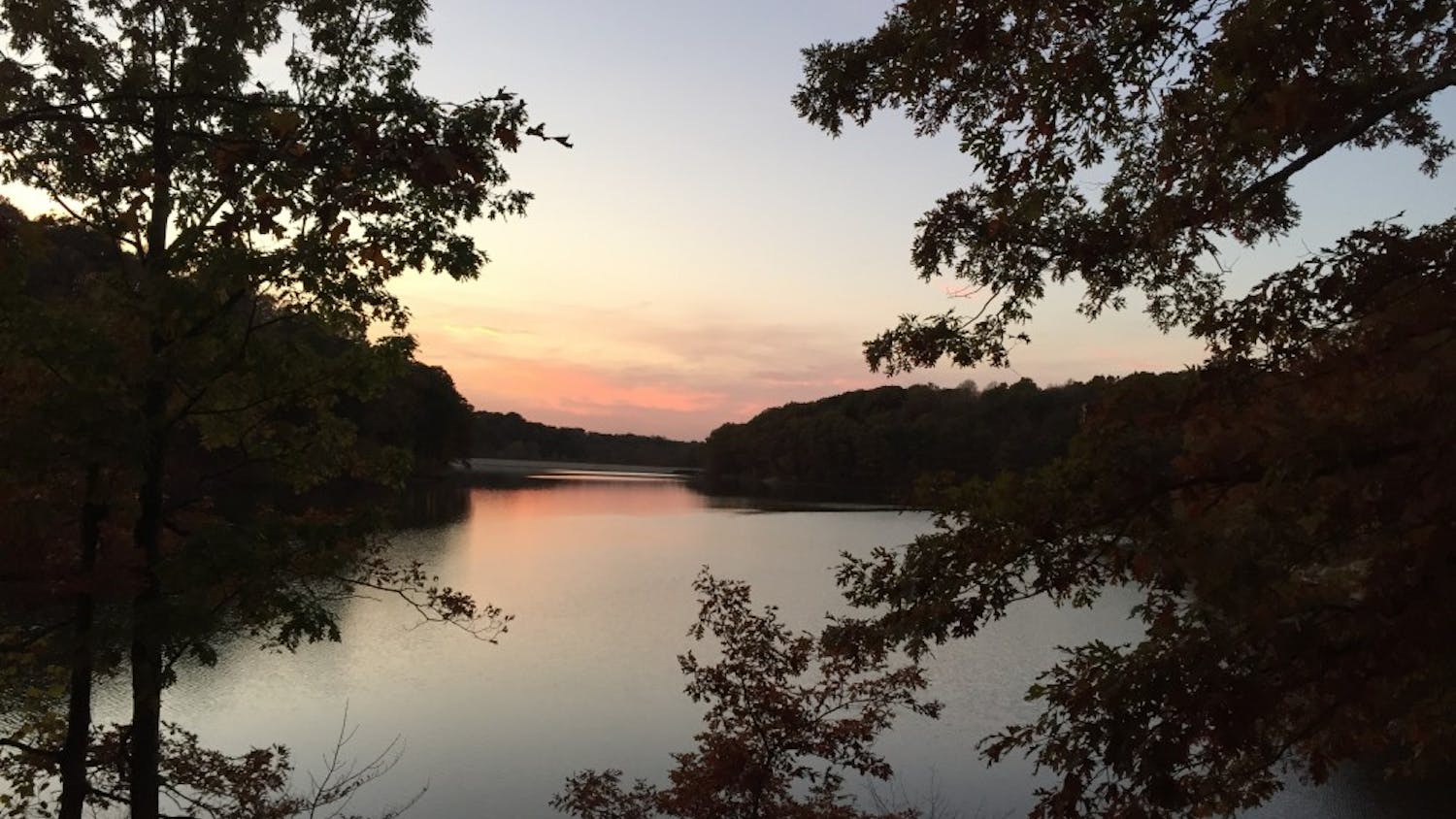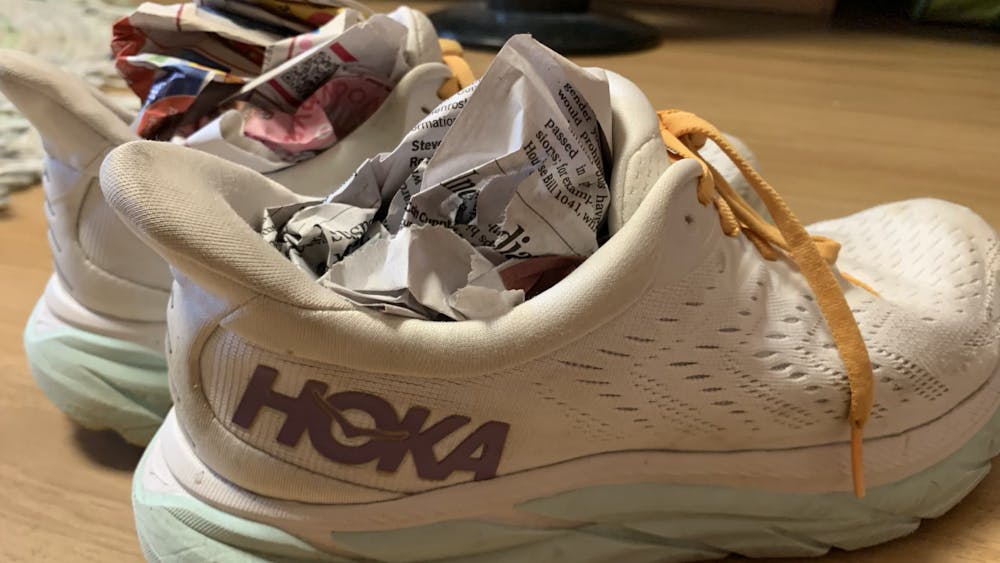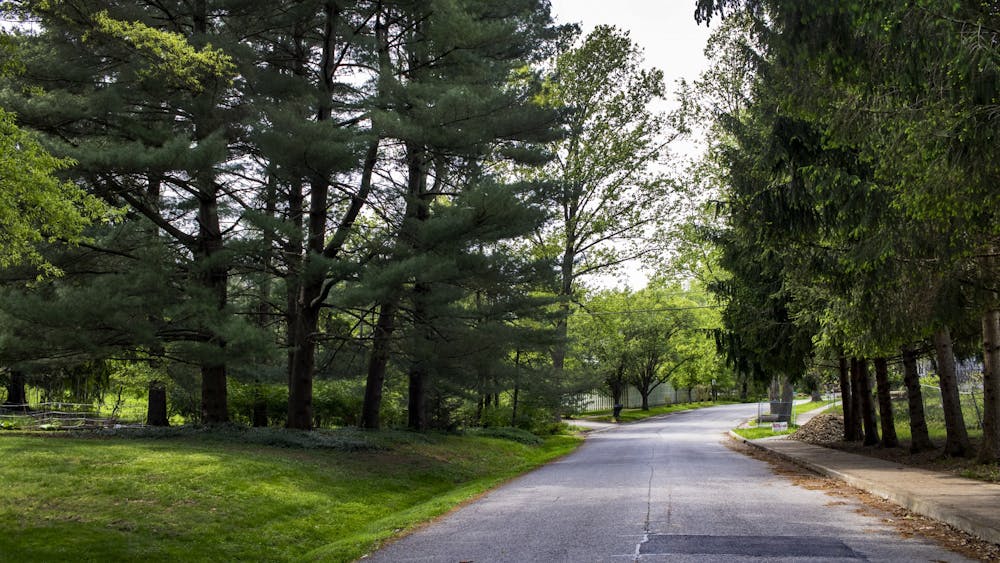“We knew that the First Lady already supports pollinators,” said Amanda Milster, the organization’s Mid-Atlantic field representative. “She has a pollinator garden, so we really just want her to take a more public stand. She carries a pretty giant megaphone and has such a big amount of influence that her support could be really meaningful.”
Pollinator gardens are gardens with plants providing nectar and pollen. They should be native plants, and they typically have different colors so different pollinators will be attracted to them, according to the United States Fish and Wildlife Service website.
The letter to the First Lady states the bee population is declining due to habitat loss, the spread of diseases, climate change and use of neonicotinoid pesticides on crops.
“We would like to encourage you to take a stand for pollinator gardens by publicly encouraging schools, businesses, churches and community groups across the country to plant pollinator gardens and adopt pollinator-friendly, pesticide and herbicide-free practices,” the letter reads.
It has been signed by hundreds of students across the country, including members of the IU Student Sustainability Council and the Beekeeping Club.
“We basically have the same mission to raise awareness about the fact that this is an issue,” said Wyatt Wells, the marketing director for the Beekeeping Club. “Our goal is to make people realize that the consequences of losing the bee population are a lot bigger than they might seem.”
Most consequences have to do with food security. One out of every three bites the average person eats was pollinated by an animal, according to the United States Department of Agriculture. A study from the Journal of Ecological Sciences found pollinators have an estimated $208 billion value for the agriculture industry.
“We can’t live without them,” Milster said. “They put the food on our tables.”
She said the petition is only one small part of the organization’s efforts to protect pollinators. The coalition also directly encourages businesses, schools, churches and other community groups to ?plant gardens.
IU has its own pollinator garden in the Hilltop Garden. In it, gardeners grow mustard, cabbage and red and purple flowers, which are especially luring for butterflies. The garden also houses the Beekeeping Club’s bees.
The city of Bloomington is also making an effort to save the pollinators. With the help of a local girl scout troop, they planted the Monarch Waystation to benefit butterflies. They’ve also incorporated pollinator habitats into several of the city parks and projects.
“I think the initiative will continue to expand in Bloomington,” said Steve Cotter, the natural resources manager for the Department of Parks and Recreation. “The city landscaper just retired, and his position is going to be changed a little bit to focus more on native plants, which is what the pollinators need.”
Though these efforts are being made at a city and national level through initiatives like the petition, Wyatt emphasized a lot of progress can be made at the individual level as well.
“We see the petition as great progress, but we founded our club specifically to address the problem at the local level,” he said. “We believe that every individual can help to start solve the issue, rather than the nation as a whole.”
Milster said he feels the individual actions are important, but community efforts are equally powerful.
“The fact that young people, the future leaders of our country, are saying that this is important is really impressive,” Milster said. “A college student has a million different things to do, but these students choose to take the time to take action and really care about this issue.”





